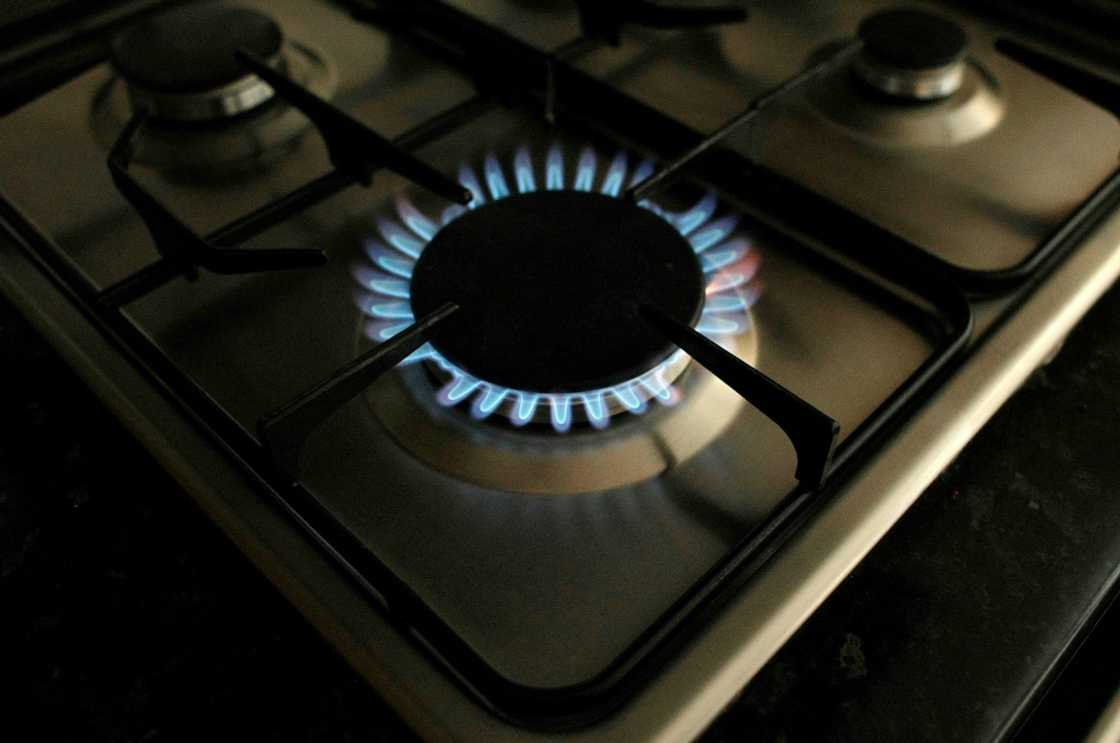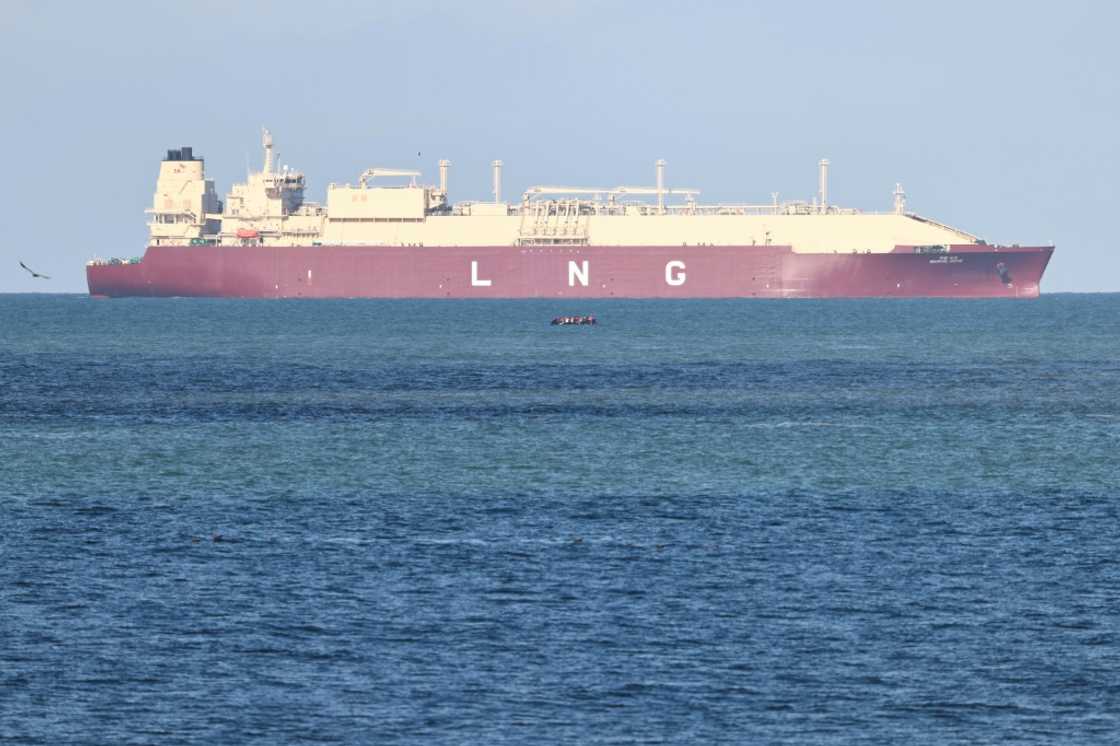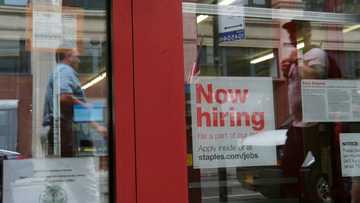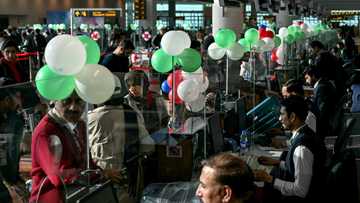UK gas reserves 'concerningly low', warns biggest supplier

Source: AFP
Britain's biggest gas supplier on Friday said UK storage levels are "concerningly low" owing to high demand caused by freezing weather and after Ukraine ended Russian gas transit to Europe.
"Ongoing colder-than-usual conditions in the UK combined with the end of Russian gas pipeline supplies through Ukraine... has meant that gas inventory levels across the UK are down," Centrica, owner of British Gas, said in a statement.
Such a "perfect storm" had reduced "UK winter gas storage to concerningly low levels", it added.
A spokesman for Prime Minister Keir Starmer said the government is "confident" the country "will have a sufficient gas supply and electricity capacity to meet demand this winter, due to our diverse and resilient energy system".
As of Thursday, UK gas inventory was down 26 percent compared with one year earlier, leaving storage sites around half full, Centrica said.
"This means the UK has less than a week of gas demand in store," the company signalled.
Centrica noted that gas storage was already lower than usual heading into December.
"Combined with stubbornly high gas prices, this has meant that it has been more difficult to top up storage over Christmas."
'Europe wide'
Centrica said the rest of Europe faced a similar situation.
"Despite many countries mandating minimum storage levels ahead of winter, European storage was at 69 percent capacity (on Tuesday), down from 84 percent at the same time" in 2024.
Centrica noted that the UK's gas storage capacity is around 10 percent or less than in France, Germany or the Netherlands.

Source: AFP
"We are an outlier from the rest of Europe when it comes to the role of storage in our energy system and we are now seeing the implications of that," Centrica chief executive Chris O'Shea said Friday.
Deliveries of Russian gas to Europe via Ukraine pipelines stopped on January 1, after Kyiv refused to renew a decades-long arrangement that earned billions of dollars for both countries.
Although Russian gas accounted for less than 10 percent of the European Union's gas imports in 2023 -- down from more than 40 percent before Moscow sent troops into Ukraine in 2022 -- some of the bloc's eastern members are still heavily reliant on Russian imports.
There has been a scramble for replacement supplies, particularly liquefied natural gas (LNG) that is delivered by ship, driving up prices.
Britain, which is no longer a member of the EU following Brexit, is seeking to beef up its energy security by investing heavily in renewables -- also in a bid to slash carbon emissions.
"Energy storage is what keeps the lights on and homes warm when the sun doesn't shine and the wind doesn't blow," said O'Shea.
"We need to think of storage as a very valuable insurance policy," he added in Friday's statement.
Data earlier this month showed Britain generated its cleanest electricity on record last year with production from fossil fuels at an all-time low and renewables reaching a record-high.
Oil, gas and coal together produced 29 percent of the UK's electricity in 2024 while renewables -- including wind and solar power -- made up 45 percent, according to analysis from climate and energy website Carbon Brief.
PAY ATTENTION: Сheck out news that is picked exactly for YOU ➡️ find the “Recommended for you” block on the home page and enjoy!
Source: AFP





